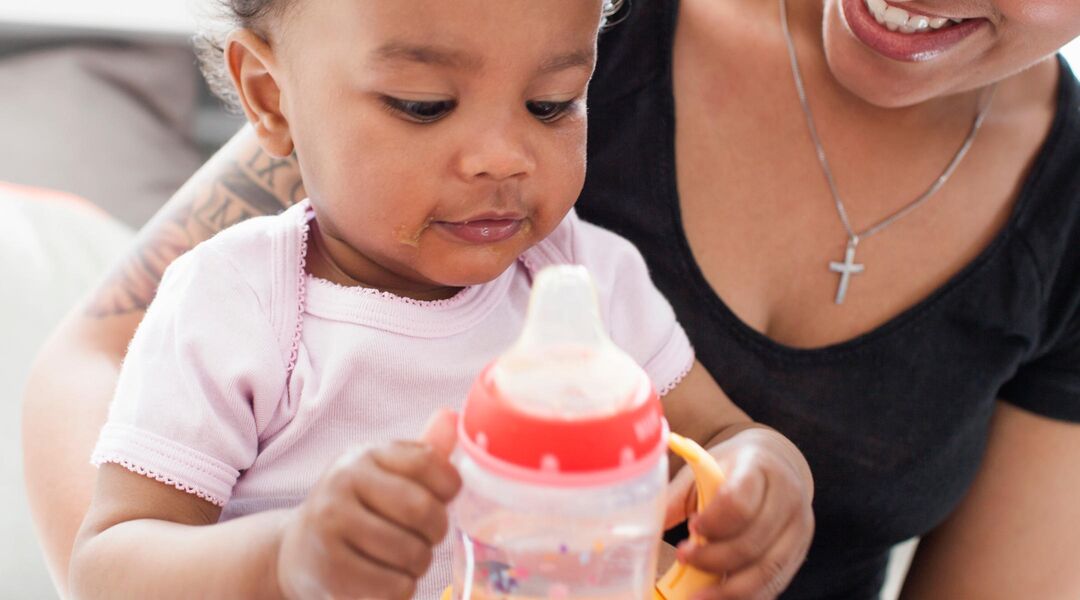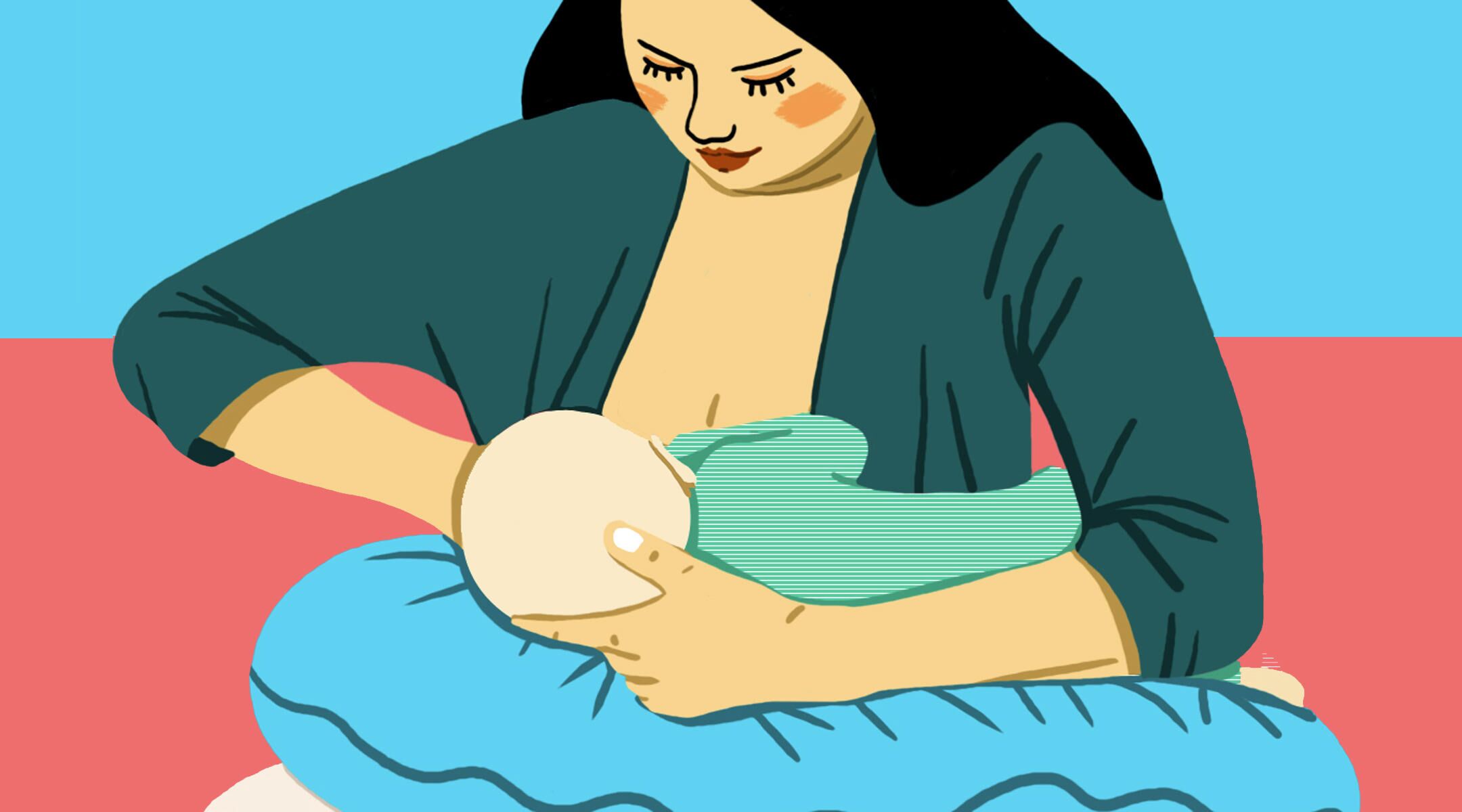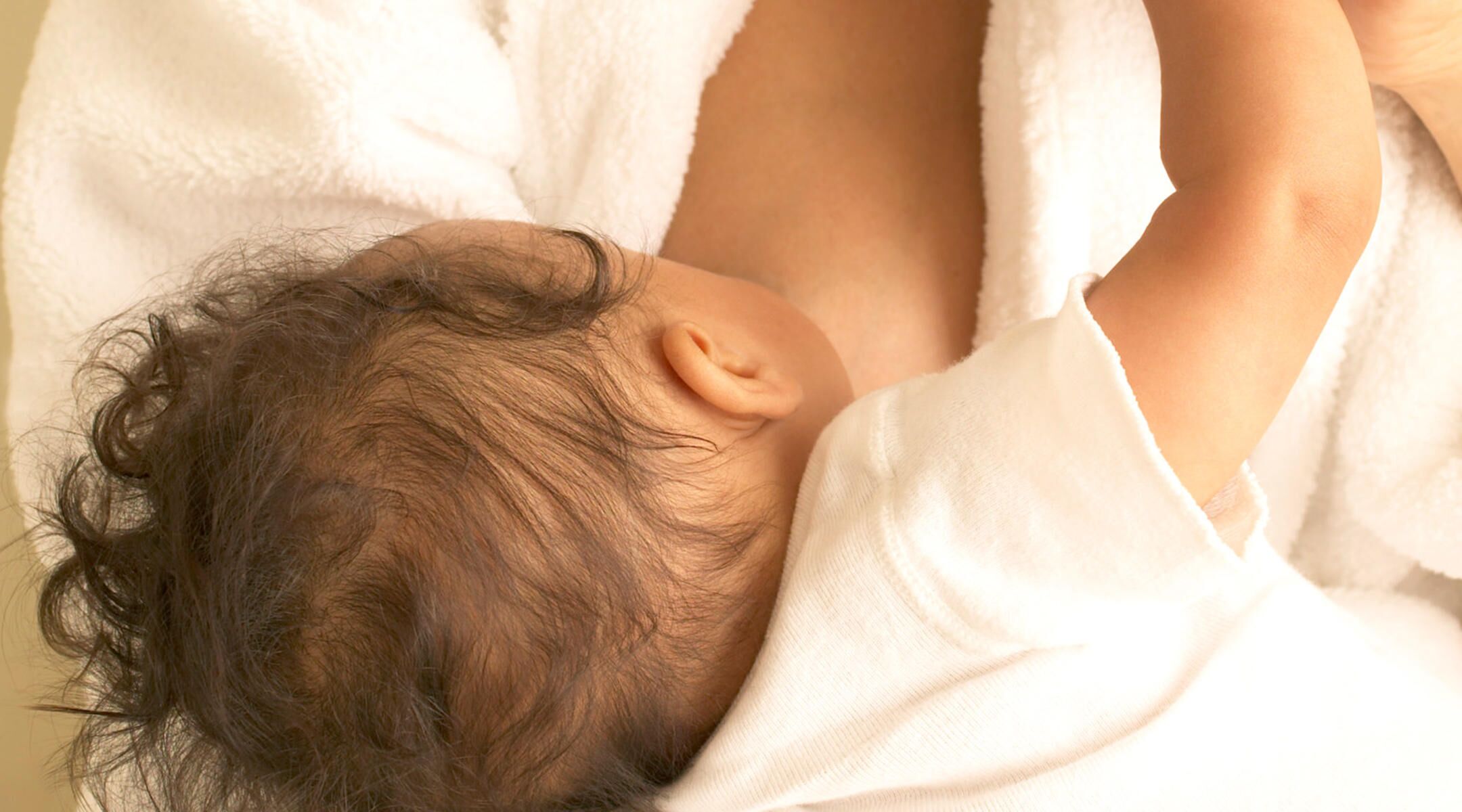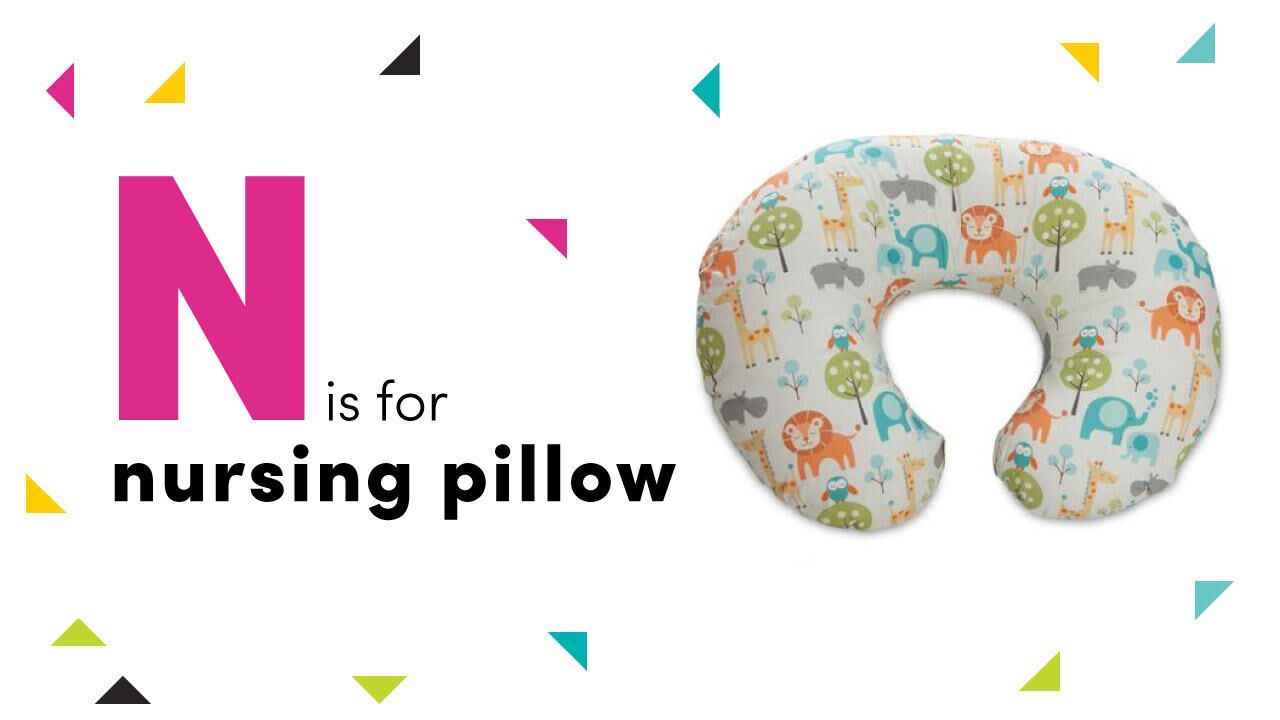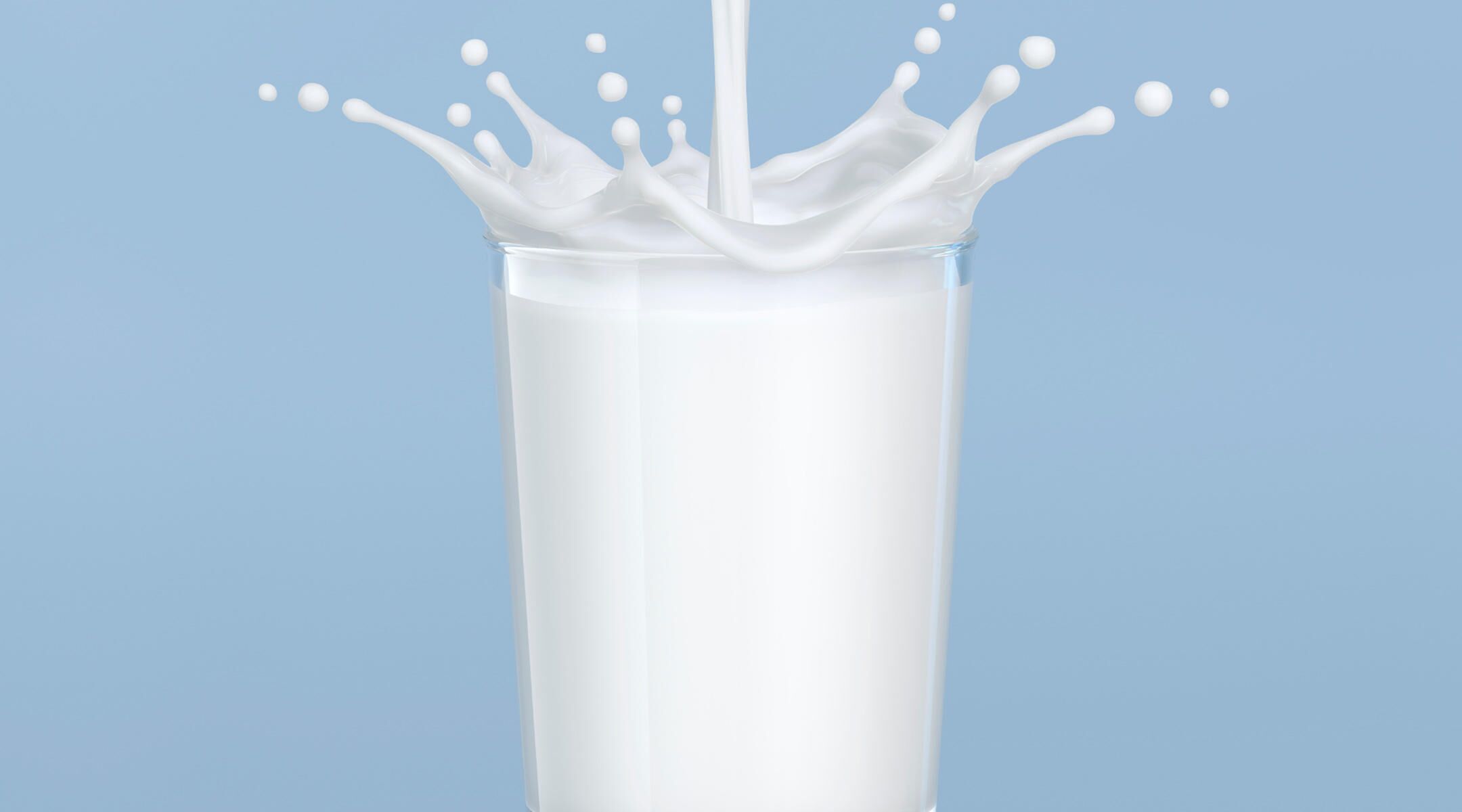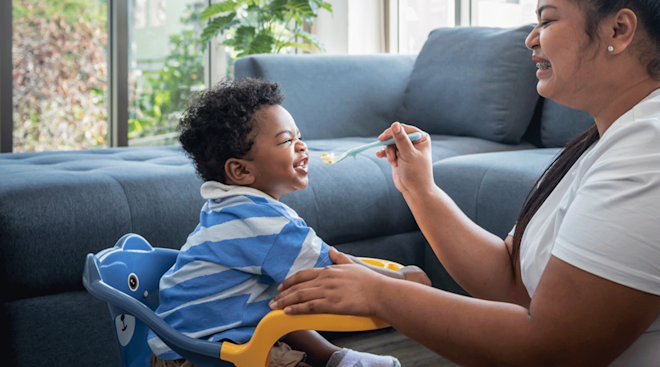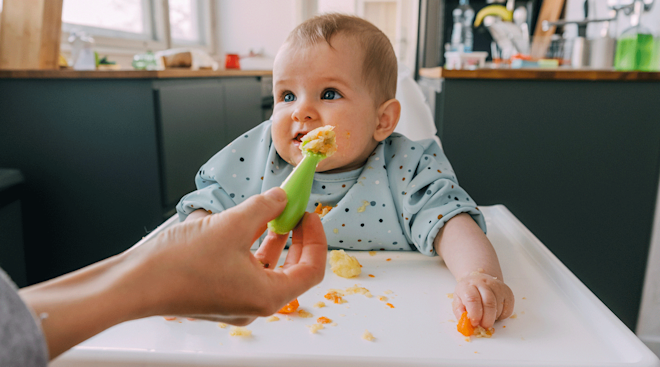Poor Appetite in Babies
What is considered a poor appetite for a baby?
In a perfect world, your baby or toddler would eat exactly the right amount of food — at the right times — each and every day. But that’s not even realistic for adults, so why expect it from your tot? Fact is, just like for grown-ups, a baby or toddler’s appetite changes from day to day, week to week. And depending on where they are with their growth spurts, it may seem like your baby or toddler either can’t get enough food — or practically subsists on air. That said, there are definitely times when your baby or toddler’s poor eating is because of a health concern.
What could be causing my baby’s poor appetite?
Know this: Babies grow at the fastest rate from 0 to 6 months, then start to slow between 6 and 12 months, and slow much more from 12 to 18 months. So it’s highly possible that your 15-month-old is eating less now than when he was 11 months just because he doesn’t need as many calories.
If a phase of slower growth doesn’t seem like the answer, take a look at what your baby or toddler has had that day that isn’t food: He may have filled up on juice, milk or other liquids, so he’s just not hungry for that pasta or sweet potato. He may also just be a little under the weather with a virus and not in the mood to eat (most of us aren’t when we’ve got a bug).
When should I bring my baby to the doctor with a poor appetite?
Closely track what your baby or toddler eats for a few days. Don’t be alarmed if it’s just a couple days of poor appetite, but if it continues for a week or so, it’s worth getting him checked out. Also, if his loss of appetite is accompanied by a fever, rash or changes in his stool (he’s got diarrhea or is constipated), give your doctor a call.
What should I do to treat my baby’s poor appetite?
Be patient. In most cases he’ll start to eat more on his own, so provide lots of different age-appropriate food choices. Make sure your toddler is getting about 16 ounces of whole milk (after 12 months), but cut out the juice and other liquid calories.
Please note: The Bump and the materials and information it contains are not intended to, and do not constitute, medical or other health advice or diagnosis and should not be used as such. You should always consult with a qualified physician or health professional about your specific circumstances.
Navigate forward to interact with the calendar and select a date. Press the question mark key to get the keyboard shortcuts for changing dates.
































